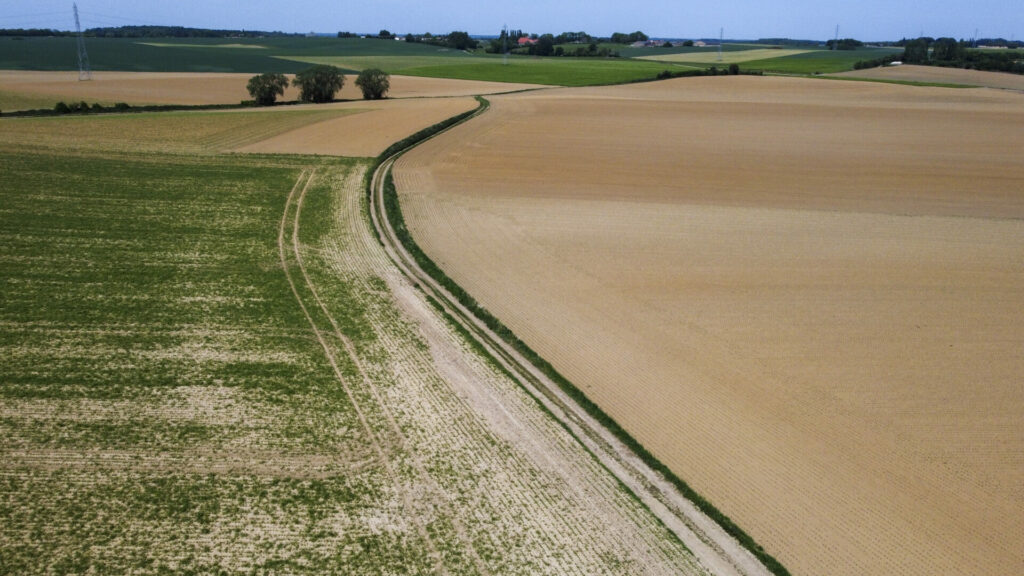Almost half of the EU territory (46%) faces drought warnings or alerts (11%) related to soil moisture deficit and plant stress, according to a report from the European Commission published on Monday. The Commission urgently calls for integrated water resources management.
"Climate change is increasing the risk of severe droughts and forest fires around the world," commented Research Commissioner Mariya Gabriel.
Much of Europe is struggling with record temperatures and forest fires are raging in Europe's southwest. France, Romania, Spain, Portugal and Italy are likely to face reduced crop yields due to water scarcity and heat stress, according to the report by the Commission's Joint Research Centre.
Related News
- No risk of tap water running out in Flanders despite dry summer
- Southern Europe experiencing extreme droughts and forest fires
- Deadly fires across Europe: Will holidaymakers get their money back?
In Italy, the Po river basin is in a severe state of drought. Drought emergencies have been declared in five regions in Italy and water restrictions have been issued in many municipalities. Measures to restrict water use have also been adopted in France.
In the Iberian Peninsula, the situation is especially serious – in Spain, reservoirs are 31% below their 10-year average. In Portugal, hydroelectric dams are producing half their average capacity of the last seven years. Both countries are battling wild fires.
The lack of rain has seen groundwater levels drop significantly (including in Belgium), posing a significant threat to crops and other vegetation. The issue is particularly acute in the Italian lowlands, in southern, central and western France, as well as in central Germany and eastern Hungary.
Fighting for water resources
With more and more regions in Europe facing water shortages, there is serious concern that this could result in competition for this vital resource.
The crisis only adds to Europe's woes, as the drop in hydropower sees regions turning to alternative energy sources – typically fossil fuels that are already at record highs. Member States are trying to stockpile petroleum and natural gas in anticipation of a harsh winter that could see prices rise still higher.

